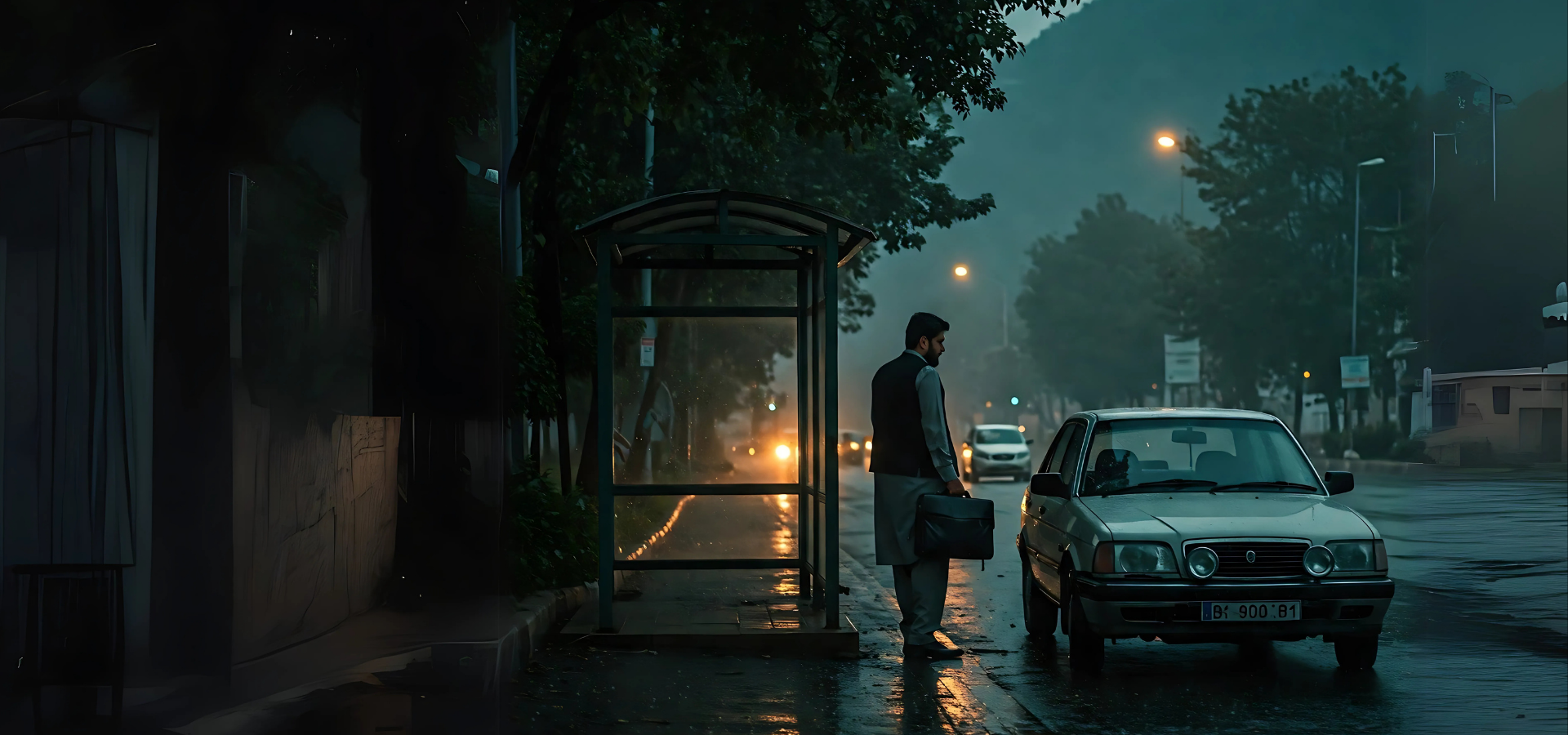NEWS

IN BRIEF

Crises are revealing. They strip away our practiced niceties and expose the real substance of our moral selves. And when I look back at how we’ve collectively behaved as a society in moments of shared vulnerability, I struggle to find comfort. What I see instead is a pattern of opportunism, of short-sighted gain, of a startling erosion of empathy.
SHARE
It started, as many meaningful reflections do, over a cup of tea with colleagues during a tea break. We had been casually discussing the growing tensions in the region, hypothetical but not entirely implausible scenarios, when a colleague half-jest asked, “What preparations ought citizens to make to safeguard their families, should the matter escalate?”. Though a casual exchange, it reminded me of the quiet, uneasy recollection of who we have become as a society when tested by adversity. Too often, this recollection is disheartening.
The question lingered. Not because of what was said, but because of what it reminded me: how we, as a society, have responded when put to the test.
Crises are revealing. They strip away our practiced niceties and expose the real substance of our moral selves. And when I look back at how we’ve collectively behaved as a society in moments of shared vulnerability, I struggle to find comfort. What I see instead is a pattern of opportunism, of short-sighted gain, of a startling erosion of empathy.
These are not abstract cases of corruption or criminal syndicates at work. These are everyday choices made by ordinary citizens. That is precisely what makes it so heartbreaking.
I think of a cab driver, parked alone at a deserted roadside late at night. He knows the next passenger who approaches will have no other option. Rather than offering help, he quotes a fare so high it borders on coercion. It’s not just a transaction, it’s a quiet form of extortion, enabled by desperation.
I remember the early days of COVID-19, when fear gripped the nation. Instead of solidarity, we saw scarcity, manufactured and monetized. Basic medicines like paracetamol and antiseptic liquids were hoarded and sold at five or six times their original price. Not by faceless corporations, but by ordinary shopkeepers, neighbours, acquaintances, people like us.
Then came Ramadan, a time meant for restraint, reflection, and generosity. But year after year, we see prices of essentials, fruit, vegetables, and other grocery items rise without remorse. From wholesaler to retailer, each actor justifies their actions as market-driven, as though the sanctity of the month can be neatly put aside for margins and profits.
Somewhere along the way, we began to see opportunity in someone else’s need. Empathy, once a moral baseline, has become optional, if not inconvenient
And of course, in the wake of natural disasters, the floods, the quakes, the heavy rains, we see the same story unfold. Relief goods, ration packs, and medicine are stockpiled and resold. Even tragedy becomes a marketplace. Just recently, on April 16th, after the hailstorm in Islamabad, car owners, already distressed by shattered windshields and dented roofs, found themselves at the mercy of profiteers. Spare parts disappeared overnight, labour charges doubled, and the cost of basic repairs soared, turning a shared misfortune into yet another opportunity for exploitation.
These are not abstract cases of corruption or criminal syndicates at work. These are everyday choices made by ordinary citizens. That is precisely what makes it so heartbreaking. We often speak of a crisis of the economy, of governance, of security. But rarely do we confront the crisis of conscience that underpins it all. Somewhere along the way, we began to see opportunity in someone else’s need. Empathy, once a moral baseline, has become optional, if not inconvenient.
The question, then, is: how did we get here?
Some might blame poverty or inflation. Others point to the absence of regulation or the failure of state institutions. But I believe the rot goes deeper. It lies in what we’ve normalised: profiteering as smartness, hoarding as prudence, indifference as practicality. We have constructed a moral narrative that rewards exploitation, so long as it is quiet, clever, and profitable.
And now, we must ask: what are we teaching our children?
Not from the pulpit or the classroom, but from the lived example of our actions. What do they see? That in moments of shared suffering, one profits by moving quickly, buying early, selling high, and turning away? That morality is an accessory, useful only in times of ease?
These are uncomfortable questions. But perhaps it is time we stopped avoiding discomfort. Because if we do not confront this fracture, this corrosion of our collective conscience, we will raise a generation for whom empathy is not just absent, but unfashionable.
The next time crisis knocks at our door, it will not be our wealth, nor our wit, but our willingness to care for each other that will decide how we endure.
So, where do we begin?
We begin at home. With parents who speak not only of right and wrong, but model them, especially when it costs something. We begin in schools, where ethics are not just chapters in a book but frameworks for living. We begin in mosques and media, where public discourse must stop romanticising resilience and start promoting responsibility. We begin by choosing, in the small decisions of everyday life, to act differently.
I am not writing this as a sweeping solution. I offer it as a plea for reflection, for reckoning, for rehumanisation. Because the next time crisis knocks at our door, it will not be our wealth, nor our wit, but our willingness to care for each other that will decide how we endure.
About the Author:
Asif Farooqui is the Director of Programs at the Accountability Lab Pakistan, and can be reached at asif@accountabilitylab.org
